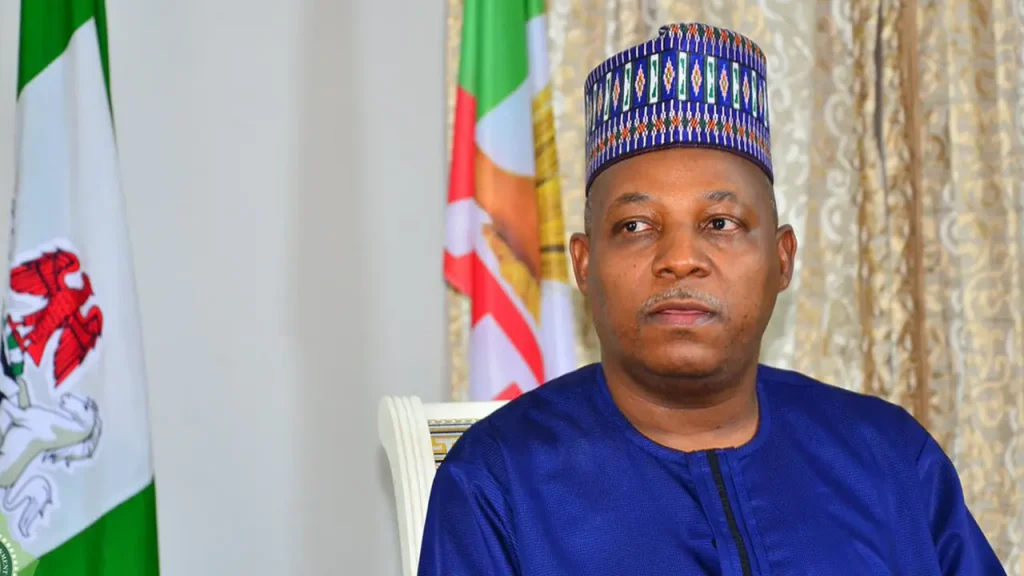Vice President Kashim Shettima has called on the African Union (AU) to renew its focus on diplomacy as the primary tool for resolving conflicts across the continent.
Representing President Bola Tinubu at a meeting of the AU Peace and Security Council on the sidelines of the 80th United Nations General Assembly (UNGA), he acknowledged the role of the AU’s Peace Support Operations (PSOs) but noted their substantial financial cost.
Shettima stressed that given the financial challenges and the shifting focus of traditional global partners, relying solely on expensive military missions is unsustainable.
“Our continent must continue to maintain a diplomatic approach in its conflict prevention and resolution endeavours,” Shettima stated.
READ ALSO: Shettima arrives New York for UNGA 80, to present Nigeria’s global priorities
He urged the Council to ensure that all future peace operations, especially those mandated by the UN, include strong diplomatic and political strategies aimed at addressing the root causes of conflict.
This, he argued, is necessary for operations to leave behind resilient and self-sustaining peace infrastructure.
Shettima also warned that the growing trend of external interference in African crises, including the presence of foreign military forces and mercenaries in member states, “negates the spirit of African common defence and security policy.”
He called on the Council to adopt a communiqué demanding the immediate and unconditional withdrawal of all foreign forces.
He also urged the Council to operationalise the African Standby Force and improve coordination with regional economic communities.
Education as public investment
In a separate development at UNGA, Shettima identified education as the public investment with the highest returns.
Speaking at a high-level event organised by the Permanent Missions of Italy and Nigeria, alongside the Global Partnership for Education (GPE), he emphasised that “every additional year in school increases lifetime earnings and reduces the risks of fragility and conflict.”
He highlighted that targeted education financing addresses the root causes of instability and poverty.
While commending GPE for approving over US$1.2 billion in new grants and mobilising more than US$1.5 billion in co-financing in 2024, he noted that the partnership still needs adequate replenishment to fulfil its mission.
He confirmed that Nigeria is expanding early childhood access, improving teacher training, and investing in marginalised regions, citing a GPE grant that helps integrate religious school children into mainstream education.
READ ALSO: Shettima to lead Nigeria’s delegation to UNGA 80th session
He urged donors to increase funding for basic education, ensuring it is flexible and predictable to strengthen education systems globally.
Earlier, Parfait Onanga-Anyanga, Special Representative of the Secretary-General to the AU, also stressed the need for national peacebuilding and conflict prevention mechanisms, noting the surge in armed conflicts and dwindling funding for interventions.



